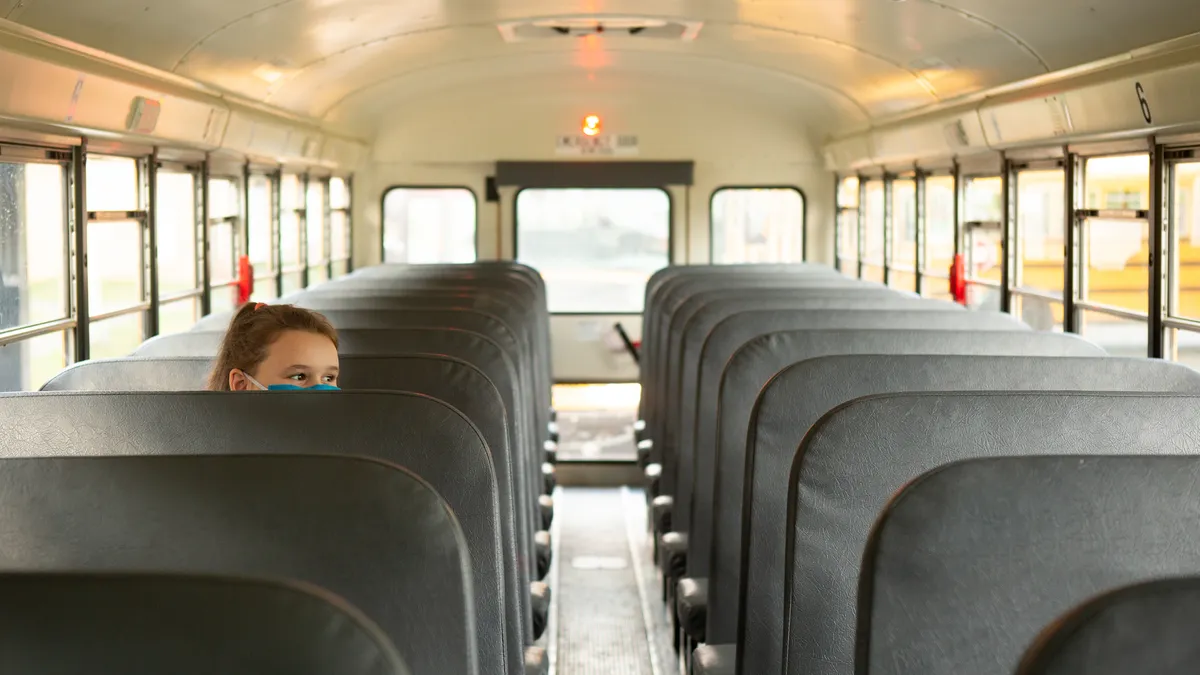Dive Brief:
-
An EdSource analysis of Education Next's 11th annual poll notes that charter schools saw a 12% drop in support compared to last year’s results.
-
The article also points out other comparative attitudes toward educational issues, including a decline in support of merit pay and a steadfast opposition to mandatory union fees.
-
The insights on attitudes toward Common Core were also telling: While most respondents favored a uniform set of curriculum standards across the states, most opposed the concept of Common Core when it was identified in the survey.
Dive Insight:
The most recent Education Next poll may indicate a weakening of support for charter schools, but the issue is more complex that many people realize. Most Americans support the idea of increased school choice options for families, but that support dwindles when the question is framed in relation to how charter school funding affects monies for public schools.
A March survey sponsored by Harvard University and Politico, for instance, indicates that “a little more than half of Americans back charter schools and approve of using public funds to enable students to attend private, nonprofit schools, including religious schools…but their support for charter schools falls off dramatically if the funding is taken from traditional public schools." The survey notes that in those instances, support falls to 30% and opposition rises to 64%.
Though the charter school response is drawing the greatest attention for now, a look at the complete 2017 Education Next poll provides a great deal more fodder for discussion. The complete poll includes over 60 questions covering 36 educational issues from pre-school to higher ed.
It is also interesting to note how political viewpoints impact some issues but not others, especially in light of President Trump’s controversial appointment of Betsy DeVos as secretary of education. For instance, Republicans and Democrats seem sharply divided on educational issues facing immigrants yet strangely attuned regarding the roles of state and federal government in making policy decisions. One of the most interesting differences regards spending and teacher pay issues. More Democrats than Republicans favor increased spending and higher salaries. However, Republicans tend to have a more accurate picture of how much money is already being spent.












